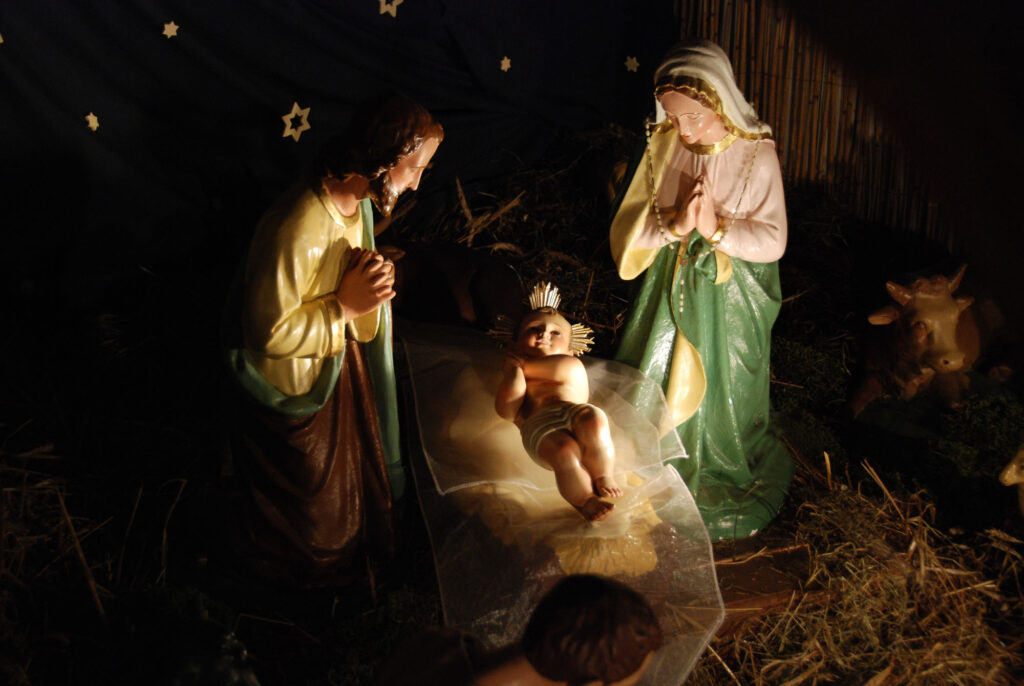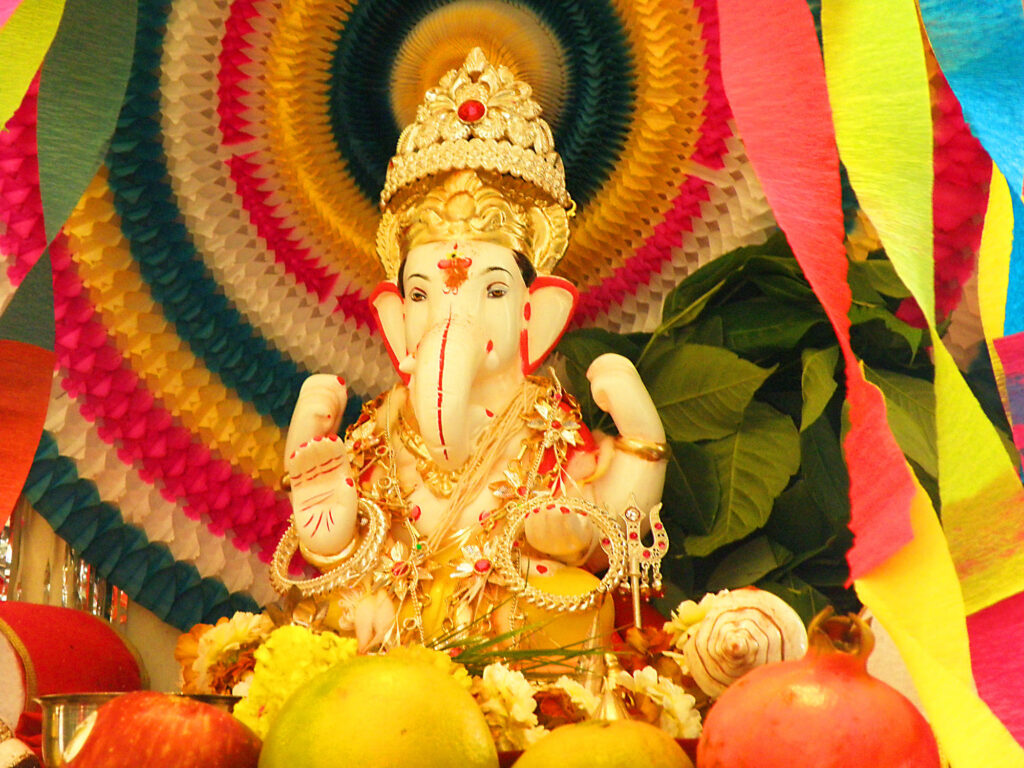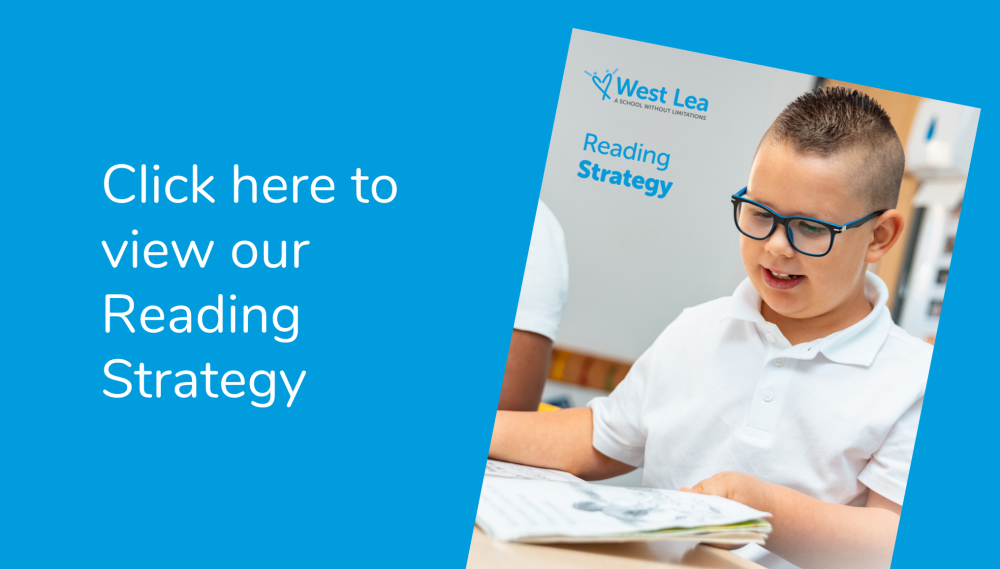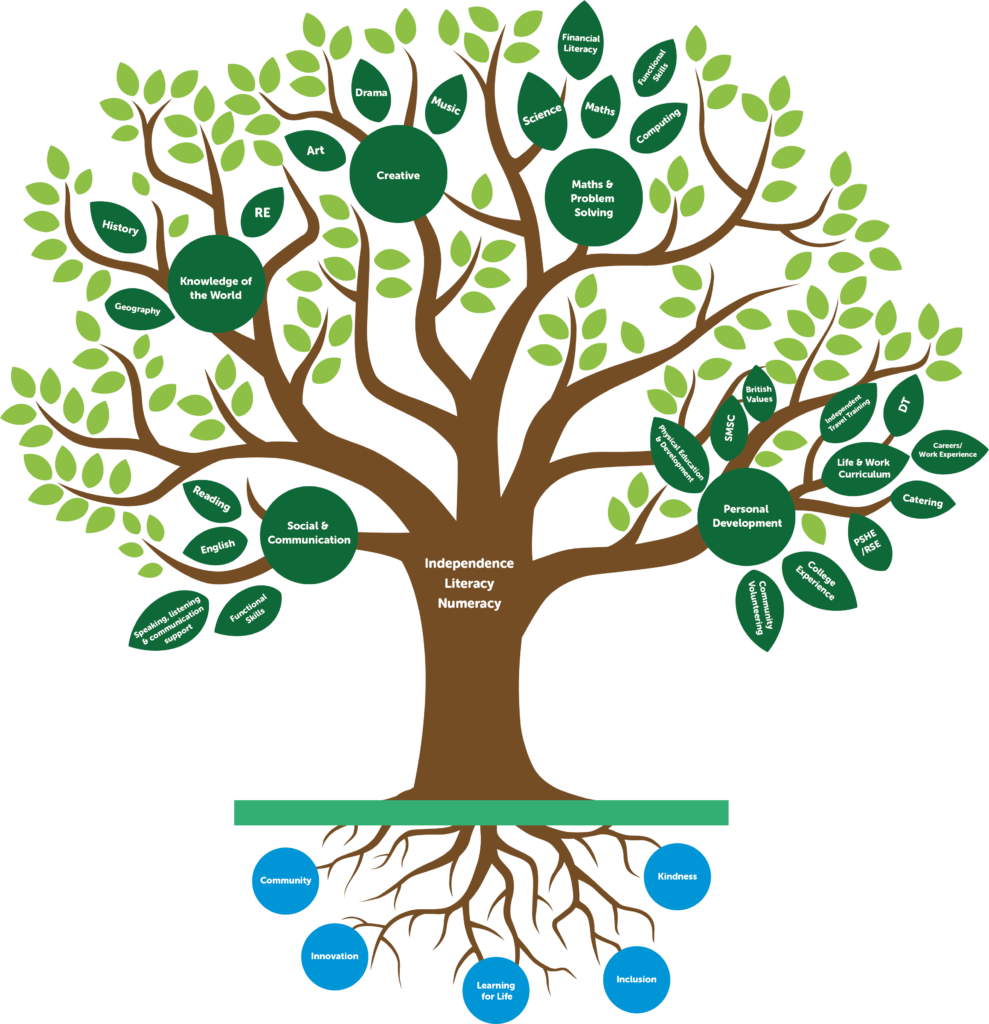Understanding our world, ourselves and others
Religious Education (RE)
“Science without religion is lame, religion without science is blind.”
– Albert Einstein

We intend for learners to know and understand different religions, beliefs and cultures, and to use this to become informed citizens ready to face bright futures.
Curiosity, empathy and tolerance are essential skills for RE students. Developing them enables learners to better understand the world around them and make sense of topical issues, such as freedom of thought, speech and religion.
Our curriculum is rooted in our values. RE brings our five values to life in the following ways:
- Community: learners know and explore a range of religions, cultures and beliefs, helping them relate to others in their community
- Kindness: learners appreciate the golden rule of treating others kindly, including those of different beliefs
- Learning for life: learners find out more about the culture and religions of the communities they live in, sparking their interest in places and people
- Innovation: learners come up with ways to improve their communities by understanding the similarities and differences of the people who live there
- Inclusion: learners appreciate the diversity of people and cultures and use their knowledge to bring people together


We implement our RE curriculum in a planned and sequenced way.
This ensures each learner reaches their potential and builds on their knowledge and understanding step by step. Take a look at our Knowledge of the World curriculum map to find out more.
As they progress through the map, learners revisit key themes, reflect on their family and British culture, and visit local places of worship to bring their learning to life.
We measure the impact of our RE curriculum by assessing:
- How much learners enjoy and engage with the learning
- How tolerant and understanding they are of people whose beliefs are different to their own
- How well they do in internal assessments and external qualifications
- How prepared learners are for their next steps into further education and employment
- How confident and resilient they are







